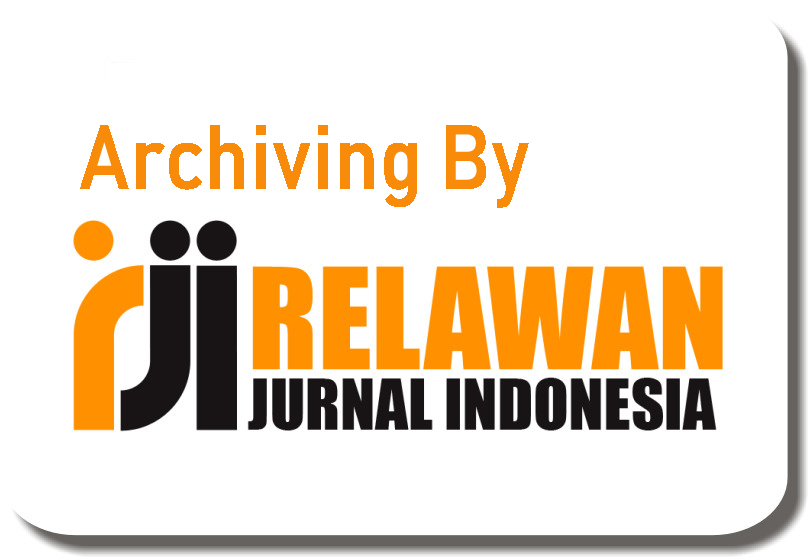Artificial Intelligence and Parent Perception: Their Influence on Students’ English Pronunciation Skill at SMPN XYZ Pekanbaru
Abstract
Keywords
Full Text:
PDFReferences
Abimanto, D., & Mahendro, I. (2023). Efektivitas Penggunaan Teknologi AI Dalam Pembelajaran Bahasa Inggris. Sinar Dunia: Jurnal Riset Sosial Humaniora Dan Ilmu Pendidikan, 2(2), 256–266. https://doi.org/10.58192/sidu.v2i2.844
Akriono, F. K. (2024). Students ’ Perception and Acceptance of “ ELSA ” to Improve Pronunciation Skill. 9(6), 18–27.
Gilakjani, A. P. (2012). The significance of pronunciation in English language teaching. English Language Teaching, 5(4), 96–107. https://doi.org/10.5539/elt.v5n4p96
Glassman, J., Humphreys, K., Yeung, S., Smith, M., Jauregui, A., Milstein, A., & Sanders, L. (2021). Parents’ Perspectives on using artificial intelligence to reduce technology interference during early childhood: Cross-sectional online survey. Journal of Medical Internet Research, 23(3), 1–11. https://doi.org/10.2196/19461
Ilyas, A. A., & Kaniadewi, N. (2023). Students’ Perception on the Use of Spotify to Improve Students’ Pronunciation. Inspiring: English Education Journal, 6(2), 119–132. https://doi.org/10.35905/inspiring.v6i2.6452
Nurjaman, I., Rachmi, T., & -, A. (2020). Persepsi Orang Tua Terhadap Pemerolehan Bahasa Inggris Anak Usia Dini. Early Childhood : Jurnal Pendidikan, 3(2), 82–90. https://doi.org/10.35568/earlychildhood.v3i2.528
Pratiwi, D. S. (2018). Persepsi Orangtua terhadap Pendidikan Anak Usia Dini. Satya Widya, 34(1), 39–49. https://doi.org/10.24246/j.sw.2018.v34.i1.p39-49
Rizkiyana, F., & Kodri, S. (2023). Peran Orang Tua Dalam Meningkatkan Minat Belajar Bahasa Indonesia Siswa di Sekolah Dasar. Edukasiana: Jurnal Inovasi Pendidikan, 2(3), 177–185. https://doi.org/10.56916/ejip.v2i3.388
Setiawan, L. (2023). Kecemasan Orang Tua Dalam Menghadapi Anak Kecanduan Gadget. Jurnal Ilmu Kesehatan, 3(1), 171–180.
Setiawi, A. P., Patty, E. N. S., & Making, S. R. M. (2024). Dampak Artificial Intelligence dalam Pembelajaran Sekolah Menengah Atas. Indo-MathEdu Intellectuals Journal, 5(1), 680–684. https://ejournal.indo-intellectual.id/index.php/imeij/article/view/826
Shelemo, A. A. (2023). No Titleیلیب. Nucl. Phys., 13(1), 104–116.
Sptyarini Putri A, & Trisna Hady P. (2020). Media Pembelajaran dengan Kecerdasan Buatan dalam Pembelajaran Bahasa Inggris Generasi-Z. Jurnal Sains Sosio Humaniora, 4(2), 756–767.
DOI: https://doi.org/10.31004/jele.v10i3.834
Refbacks
- There are currently no refbacks.
Copyright (c) 2025 Julanos, Hanifatul Rahmi, Noto Wiroto, Febrina Sari, Darul Hakim, Ummul Baroqah

This work is licensed under a Creative Commons Attribution-ShareAlike 4.0 International License.



